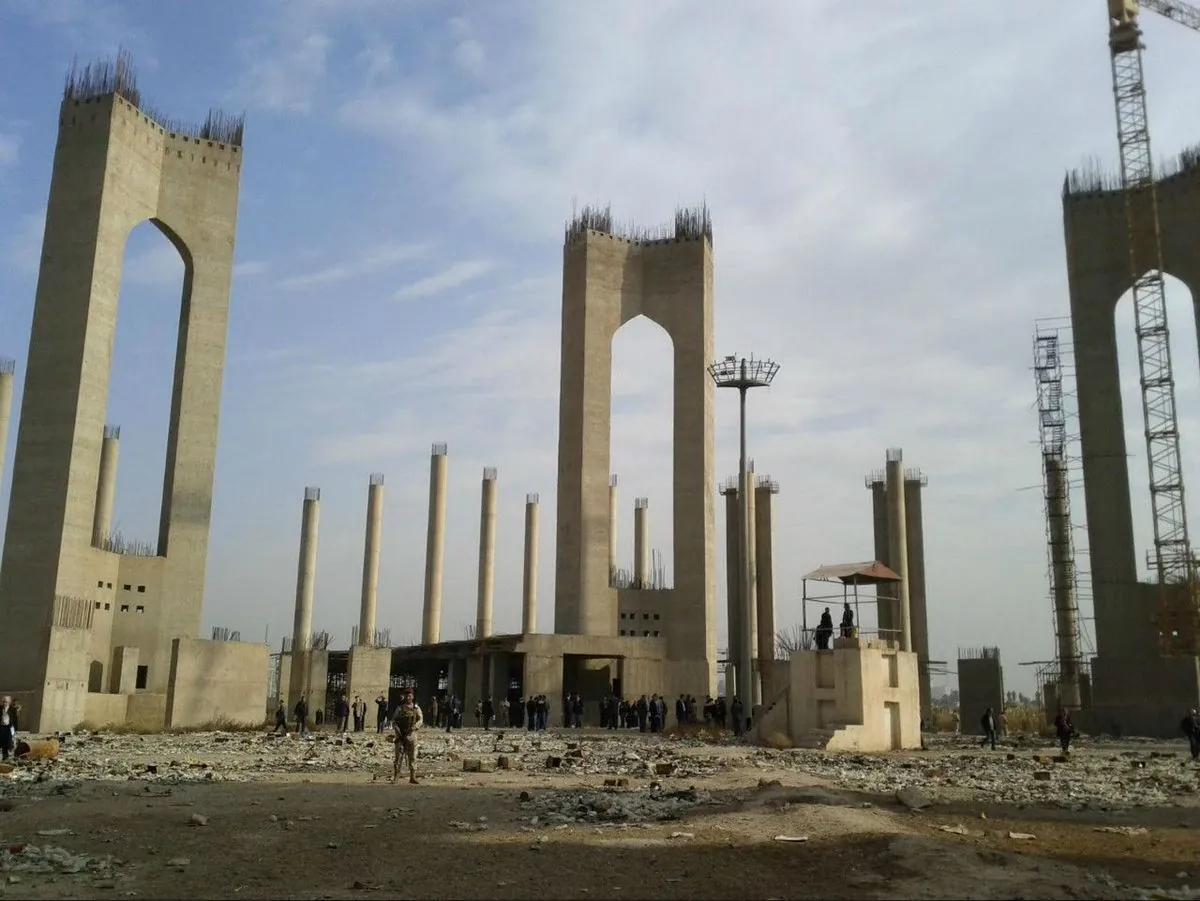Iraq Ordered to Pay $5.7 Million to Former U.S. Lawyer in Contract Breach
A federal judge ruled that Iraq breached its contract with Timothy Mills' law firm, ordering payment of $5.7 million in unpaid legal fees. The case highlights Iraq's pattern of benefiting from U.S. services without compensation.

In a recent legal development, a federal judge in Washington, D.C. has determined that the Republic of Iraq owes more than $5.7 million to its former U.S. legal representative, Timothy Mills, for unpaid legal services. This ruling, issued approximately 3 years after Mills withdrew as Iraq's counsel, underscores a pattern of financial negligence by the Iraqi government in its dealings with U.S.-based entities.
Judge Royce Lamberth found that Iraq had breached its contract with the Mills Law Group, a firm established by Mills, who previously worked as a partner at Squire Patton Boggs. The judge's 26-page ruling highlighted Iraq's "willingness to benefit from the services of US-based entities without paying for them," a statement that reflects broader concerns about the country's financial practices.
Mills, who had been Iraq's primary U.S. legal representative since 2004, expressed satisfaction with the ruling, stating that the judge awarded "every cent" owed to his firm. He indicated plans to aggressively enforce the order, signaling a determined pursuit of the awarded sum.
The case stems from Mills' long-standing representation of Iraq in various legal matters, including a significant lawsuit brought by Wye Oak, a now-defunct U.S. defense contractor. This Pennsylvania-based company was engaged by the Iraqi defense ministry in 2004, following the U.S. invasion, to locate, salvage, and sell scrap metal to fund new equipment for Iraqi security forces.

The Wye Oak case took a tragic turn when the company's CEO, Dale Stoffel, was killed in an ambush near Baghdad on December 8, 2004, just days after meeting with high-level U.S. officials regarding immediate payment of a $24 million invoice. This incident led to a lawsuit filed by Stoffel's wife, Barbara, the sole shareholder of Wye Oak, against the Iraqi government for breach of contract.
"Iraq has demonstrated a willingness to benefit from the services of US-based entities without paying for them."
This legal dispute highlights the complex relationship between Iraq and U.S.-based contractors in the aftermath of the 2003 invasion. Iraq, a country rich in history and natural resources, has faced numerous challenges in its recent past. With one of the world's largest proven oil reserves, estimated at 145 billion barrels, Iraq's economy heavily depends on oil exports, accounting for about 95% of its foreign exchange earnings.
Despite its wealth in natural resources, Iraq has struggled with issues of corruption and financial mismanagement. The country ranked 157 out of 180 countries in the 2020 Corruption Perceptions Index, indicating significant challenges in governance and transparency. This latest legal ruling adds to the growing concerns about Iraq's ability to manage its international obligations and maintain trust with foreign partners.
The case also sheds light on the broader context of Iraq's post-invasion reconstruction efforts. Since gaining independence from the United Kingdom in 1932, Iraq has been involved in several major conflicts, including the Iran-Iraq War (1980-1988) and the Gulf War (1990-1991). These conflicts, along with more recent instability, have significantly impacted the country's infrastructure and economic development.
In December 2022, Judge Lamberth ordered Iraq to pay Wye Oak more than $120 million, a decision currently under appeal by the Iraqi government. This, coupled with the recent ruling in favor of Mills, paints a concerning picture of Iraq's financial commitments and its approach to international contracts.
As Iraq continues to navigate its post-conflict recovery, these legal challenges serve as a reminder of the importance of honoring contractual obligations and maintaining transparent financial practices. The country, home to ancient Mesopotamian civilizations and UNESCO World Heritage Sites like Babylon, faces the task of balancing its rich cultural heritage with the demands of modern governance and international relations.
The Iraqi embassy in Washington did not immediately respond to requests for comment on this latest ruling, leaving questions about the government's stance on these financial obligations unanswered. As Iraq moves forward, addressing these legal and financial challenges will be crucial for rebuilding trust with international partners and fostering sustainable economic development.


































